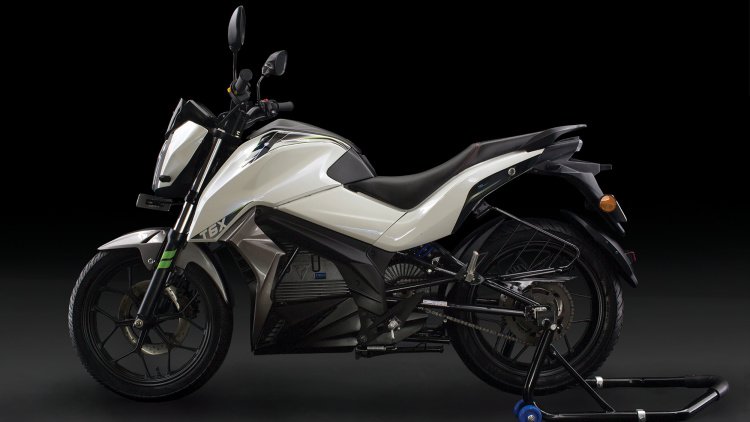This electric motorcycle will teach India that Tork matters

If that seems like a hasty bit of hyperbole, read on.
When Kapil Shelke, with his fellow engineering students and Tork teammates, made it all the way from Pune, India to the first TTXGP electric motorcycle race around the Isle of Man's Mountain Course in 2009, his goal for the bike they had cobbled together was modest: make the podium, if possible. In the seven years since, he has built on the success of that open-class 3rd-place finish, making the low step of the pedestal a leaping off point for a battery-powered bike specifically tailored to meet the demands of the Indian market.
Freshly launched, the T6X boasts a compelling amount of performance for life in a jam-packed metropolis – a 100-kph (62 miles per hour) top speed with as much as 100 kilometers (62 miles) of range, and, as importantly, the ability to charge to 80-percent in an hour. Like honey on strawberries, Tork has poured some sweet tech on this appealing package, starting with its ominous-sounding TIROS (Tork Intuitive Response Operating System). Kept fresh with over-the-air updates, it learns how you ride, analyzes performance and spits out data via a 4.3-inch touch screen on the minimalist dash. It also allows for cloud connectivity and lets you play with the bike's performance parameters through an app. As with most modern cars, it features navigation and a place to plug in your phone.
What makes this machine so remarkable, though, is its price. Pre-orders are being accepted on the Tork website for 124,999 Indian Rupees ($1,882 at today's rates). While that's still out of reach for many in a country where the annual per capita income is about Rs 93,293 ($1,405), it's still well within the reach of many millions in the richer urban centers, and only slightly aspirational to many millions more.
India has set an ambitious goal of electrifying personal transportation by 2030, and the handsomely styled Tork T6X might play a significant part in this effort. Not only through its own sales, which will start as modestly as that 3rd-place finish we mentioned – orders are being initially accepted from the cities of Pune, Bangalore and Delhi – but with some amount of success, the established domestic brands like Hero and Bajaj might also be influenced to enter and grow the segment.
While we wish them a whole lot of luck in their homeland, a part of us thinks this sort of value for money might also be welcomed on these and other shores. Certainly, we'll be keeping an eye on them to see how they develop as a company and a (hopefully world-changing) brand.
Related News


